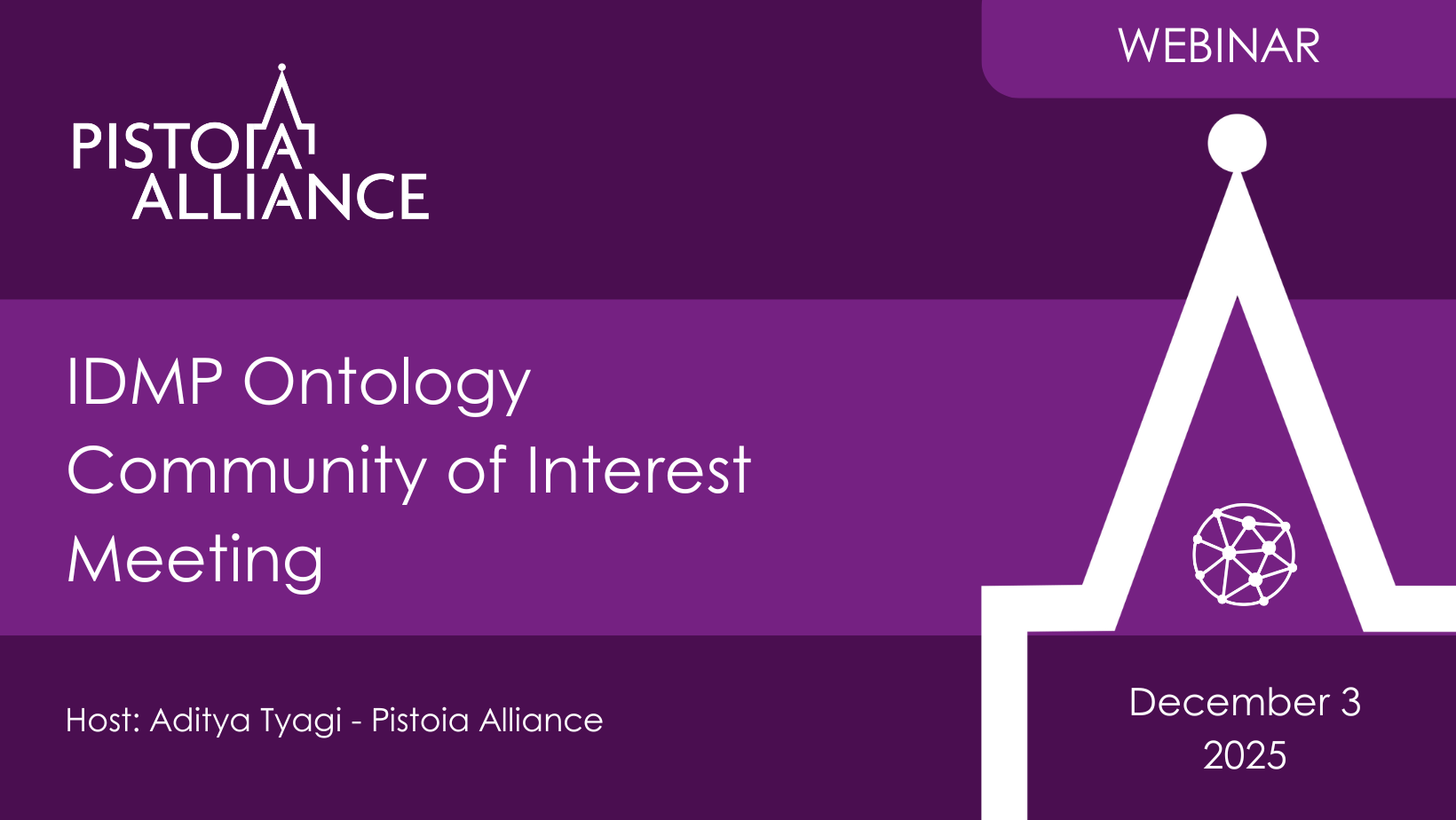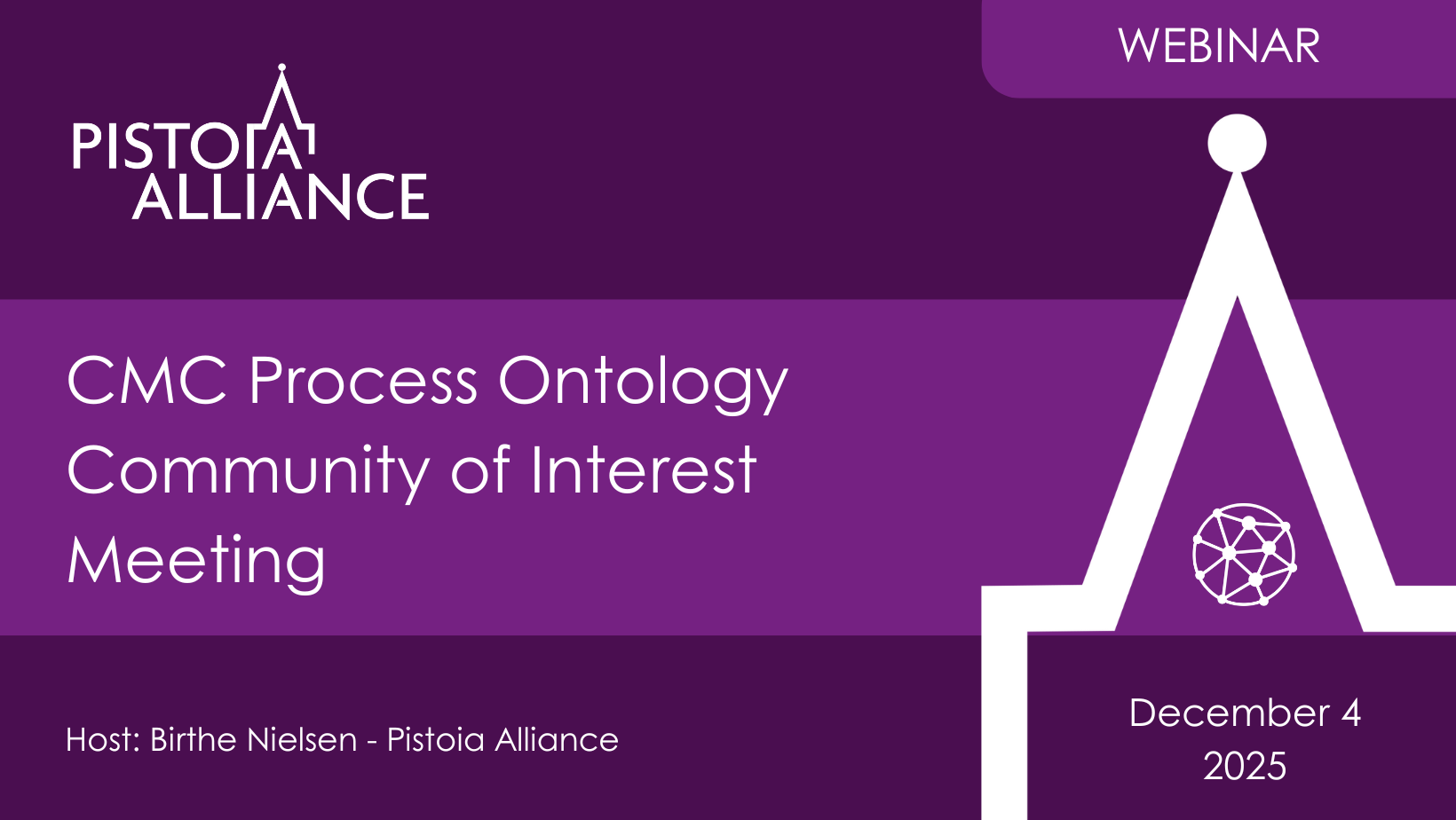This project created an open, extendable, and freely available data format for the exchange of experimental information about compound synthesis and testing
Overview
The Unified Data Model (UDM) project released UDM Version 6.0 in 2020. The original unified representation of chemical reactions was co-developed by Elsevier and Roche with contributions from other pharmaceutical companies. It was donated to the Pistoia Alliance in 2017 so that our members could collaborate to extend the model to support additional requirements, and increase its adoption as a vendor-agnostic experimental reaction/data format standard.
Key features of UDM version 6 included:
- Stabilization of the format for reaction data
- Improved support for analytical data
- Detailed information on data provenance
- An optional entity to represent sample information
- Allowing citation and molecule details inside reaction variations
- Fixing data types for several entities and improved semantics
- Using a standard (Allotrope-compatible) vocabulary for units of measure
- Allowing environmental, health and safety data
- New sample data sets in the UDM format
Version 6.0 was released in February 2020 delivers a stable release with a number of enhancements:
- Inclusion of controlled vocabularies compatible with existing standards:
- Units of measure – QUDT ontology as adopted by Allotrope with extensions
- Countries – ISO 3166 plus commonly used variants
- Reaction classes – based on the MOP and RXNO ontologies
- Analytical methods and result types – based on Allotrope Foundation Taxonomies
- Support for embedding and referencing of analytical data
- More detailed information on data provenance (authors’ affiliations, organisations)
- Support for samples
- Support for citations and molecules inside reaction variations to support simplified conversion from RD files
- Fixed semantic and data types of several entities and many others
UDM development is hosted on GitHub.







